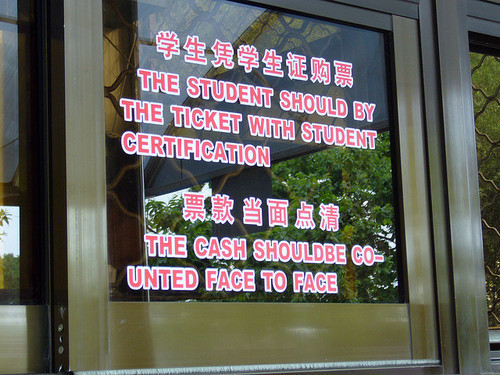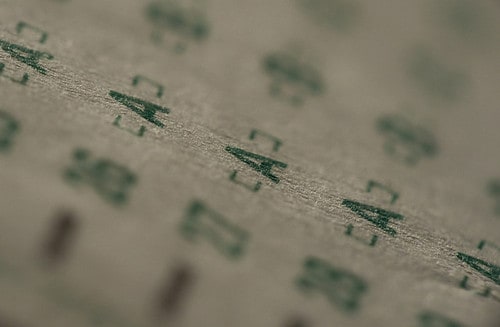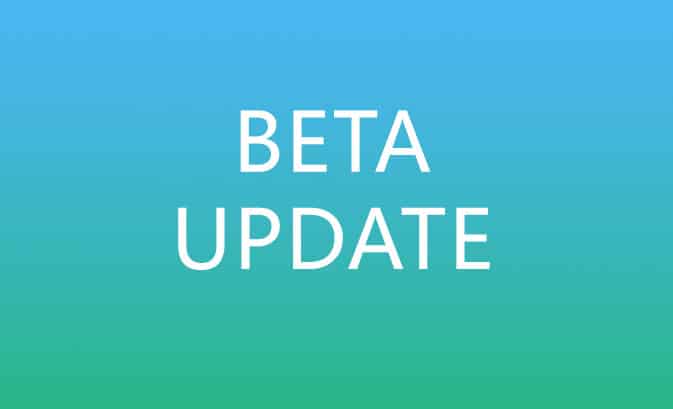To prove how good you are in English, you can take the TOEIC or the TOEFL. These standardized exams are used across the world to assess the English level of non-native English speakers. Want to assess your level in Chinese? You’re in luck, the Chinese Hanban (National Office for Teaching Chinese as a Foreign Language) created the HSK Chinese exams for that exact purpose a few years ago. Read on to learn more about the exam and why you should be taking it!
What is the HSK Chinese exam?
The letters HSK stand for 汉语水平考试 or Hanyu Shuiping Kaoshi, aka the Chinese proficiency exam.
There are six levels in the HSK: elementary (levels 1 and 2), intermediate (levels 3 and 4) and advanced (levels 5 and 6). The Hanyu Shuiping Kaoshi is used to measure the ability of non-native Chinese speakers (that means you and me) to use Chinese in everyday workplace activities.
Why take the HSK?
So, whatever your situation, I believe there’s a reason for you to take the HSK.
You’re a student:

Planning on being a student in China? Speaking Chinese is a good idea – photo credit: xiaming
You may want to go to school in China. Most colleges and universities there only accept undergraduate or graduate students that have a level 4 or more of HSK. In any case, schools in China usually require applicants to have a certain level of Chinese to admit them and the Hanyu Shuiping Kaoshi certificate is the way to show them you have the right language skills.
Also, you may want to go to study Chinese in China but you don’t want to end up with beginners. Or the school you want to go to has a mandatory Chinese language course for foreigners (which will introduce you to the joys of Chinese teaching methods. But that’s another story). The Hanyu Shuiping Kaoshi exams are a way for you to show you can be exempted from taking that mandatory language… if you have the required HSK and Chinese level, that is.
You’re looking for a job:

The HSK acts like a badge on your CV.
Seeing your HSK level is a way for an employer to evaluate your Chinese proficiency as an applicant. Employers are increasingly expecting job applicants to speak excellent Chinese. Chinese is no longer “the gadget” language where you could impress prospective employers by saying you spoke a little Chinese. I’ve encountered entry-level and intermediate job ads requiring level 5 or 6 HSK candidates! Better go brush up on your HSK!
Been studying Chinese for a while but don’t really have anything to show for it?

photo credit: Rob Web
The Hanyu Shuiping Kaoshi is an ‘easy’ way to show others what your level of Chinese is. If you don’t care what others think (and you shouldn’t) taking – and passing – the HSK is still a good way for you to realize how good you’re in Chinese… or, on the contrary, how much work you have ahead of you!
I know I’ve been studying Chinese for ages now and… well, let’s say I was rusty and probably wouldn’t score very well on the HSK if I hadn’t been studying the required vocab and grammar with Ninchanese!
Also, it’s a good way to track your progress as you keep studying Chinese. There are yearly , and sometimes even once a semester sessions (depends on where you live and what level you are) so you can take an HSK test as often as you want. If you can afford it, that is. It’s still a paying exam) and measure your improvements!
Lastly, the HSK exams are a good proof of the gap that exists between being good at Chinese (at least good enough to manage daily in China) and in becoming an expert Chinese speaker… You only need to look at the numbers : From 600+ words at level 3, you jump to 1200 words at level 4 and then to 5000 words at level 6. And they say you can only comfortably read a Chinese newspaper once you’ve reached level 5. Waww! Better get started!
Preparing for the HSK
In a near future, we hope Ninchanese will be instrumental in helping you assess which Hanyu Shuiping Kaoshi level you should take and then learn everything you need to know to pass the HSK with flying colors! So stay tuned for our beta, which will be dedicated to prepping for the HSK.
And, in the meantime, we’ll be telling you soon about a few great resources to take mock HSK exams for free.
The Nincha Team
Stay in touch with us on Facebook, Twitter, Instagram, and Pinterest.






2 comments
Join the conversationPingback: How Many Chinese Characters Do You Need To Learn? - Ninchanese
Pingback: Chinese graduation: 5 things you didn't know the Chinese did to celebrate the end of the GaoKao and school - Ninchanese
Comments are closed.